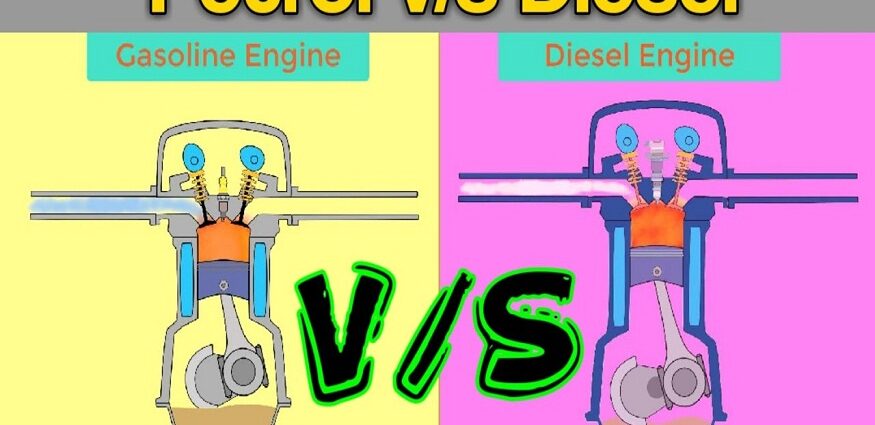When deciding between a gasoline or diesel vehicle, it’s essential to understand the maintenance requirements that come with each type of engine. Although both types of vehicles require routine care, their unique designs mean that maintenance needs can vary significantly. Here’s a closer look at how gasoline and diesel vehicle maintenance differ.
At the heart of these differences is the engine’s ignition system. Gasoline engines depend on spark plugs to ignite the fuel-air mixture, while diesel engines use glow plugs and high compression to initiate combustion. Regular inspections of these components are necessary for both types of vehicles to ensure proper functioning.
One advantage for diesel drivers is that glow plugs tend to last longer — often up to 100,000 miles — while spark plugs in gasoline vehicles may need to be replaced as early as 18,000 miles, though some can last up to 100,000 miles, depending on the vehicle.
Diesel engines are also known for their overall durability and longevity, in part due to their non vgt turbo element of their engines. Many diesel engines can run for up to 200,000 miles before needing major repairs, thanks to their robust construction and fewer moving parts. This makes them a great long-term investment, though gas vehicles typically have lower maintenance costs early on.
Cooling systems are another area where maintenance differs. Diesel engines, which generate more heat due to their design, require specialized coolants and more frequent flushing to prevent damage. Gasoline engines, by comparison, operate with standard coolants and require less frequent cooling system maintenance.
These are just a few key differences to keep in mind when considering a gasoline versus diesel vehicle. For more detailed information on vehicle maintenance, check out the accompanying resource.


